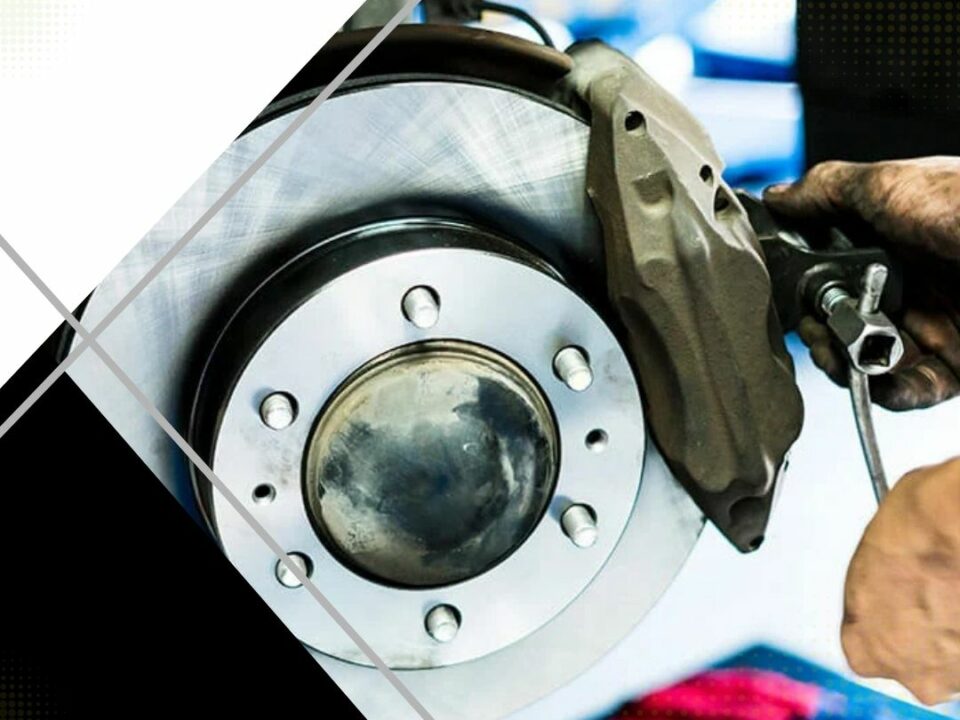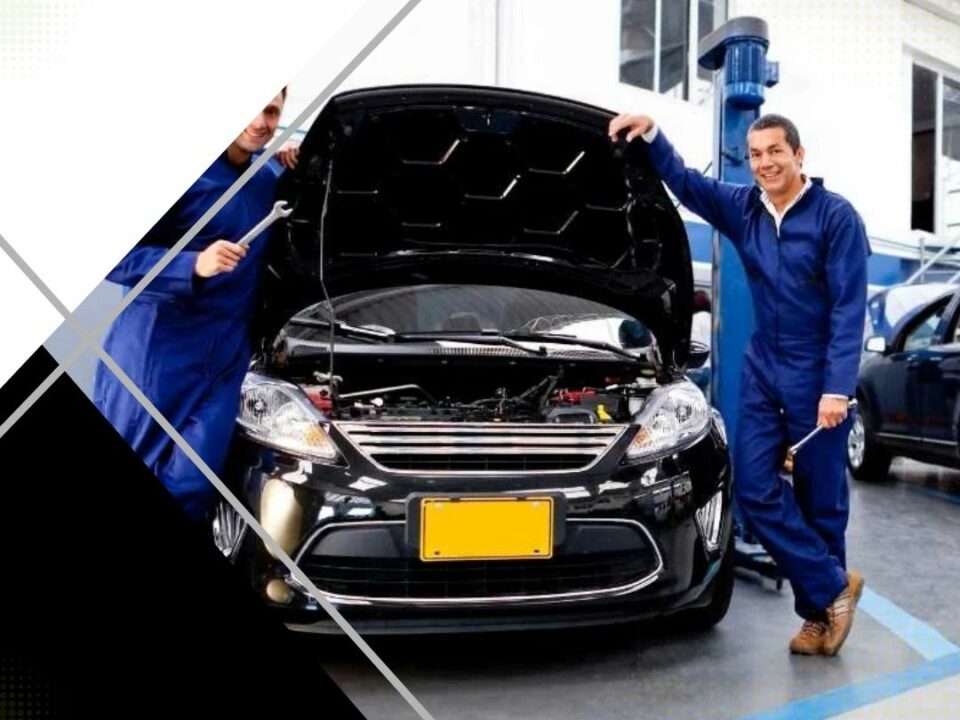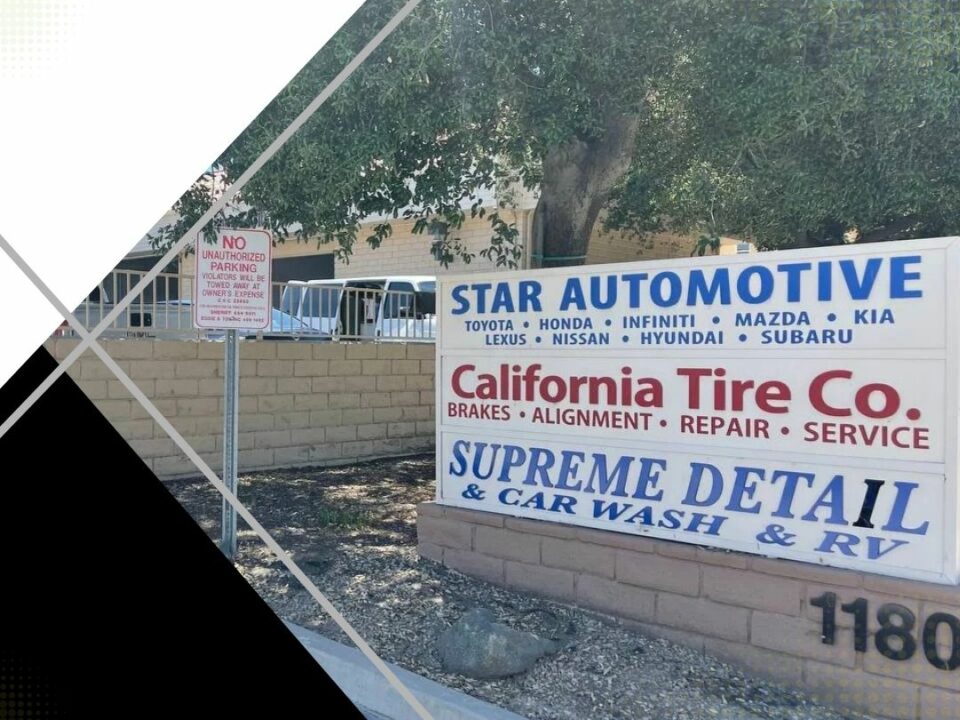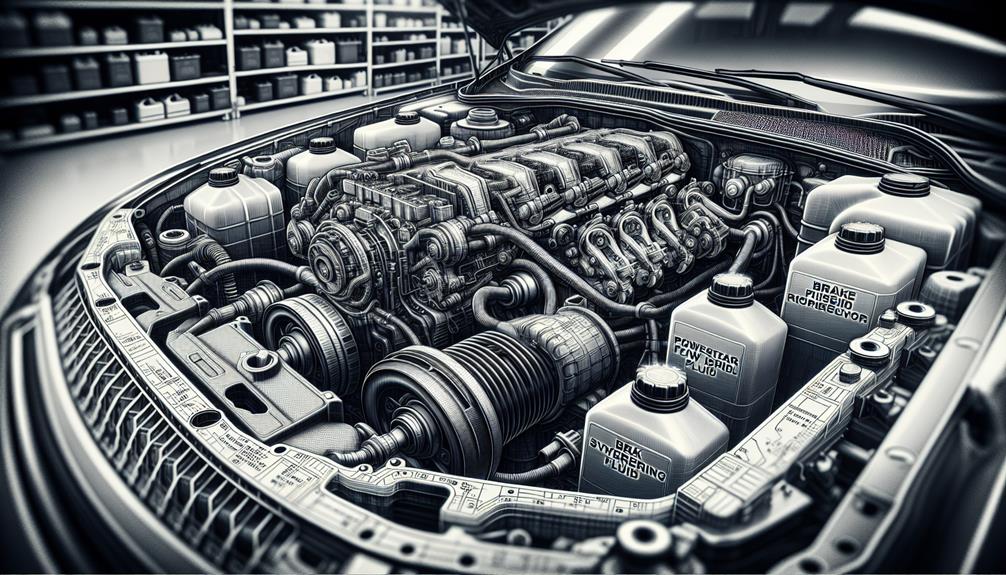
The Ultimate Guide to Car Preventive Maintenance: Fluid Management Essentials
March 6, 2024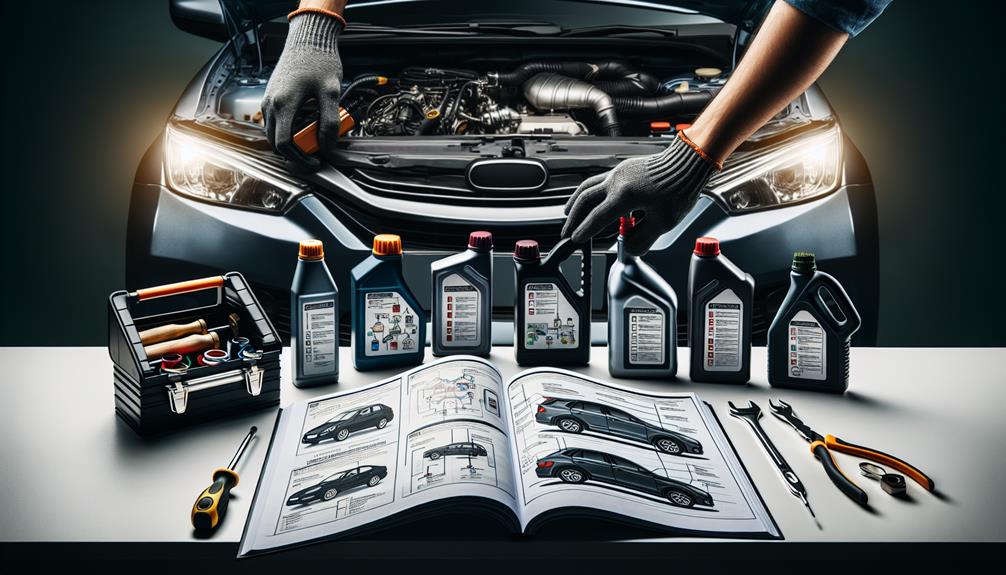
Car Care 101: Preventive Maintenance and Fluid Checks You Can’t Ignore
March 6, 2024Just like the human body relies on blood to function, your car depends on various fluids for its optimal performance. Mastering the art of fluid management is a critical aspect of your vehicle’s preventive maintenance strategy.
You must be well-acquainted with the distinct fluids that your car uses, including engine oil, brake fluid, transmission fluid, and coolant, to name a few. Regular checks can help you identify potential issues before they cause significant damage or lead to costly repairs.
It’s not just about keeping an eye on the levels, it’s also about observing the color and consistency of these fluids. But, how can you differentiate between the normal and the potentially harmful changes? Uncover the answer as we proceed further.
Understanding Vehicle Fluid Types
To keep your vehicle running smoothly, it’s essential to understand the various types of fluids your car needs and their specific roles in its performance and longevity.
You’re part of a community of car owners who know the importance of doing the basics right. Engine oil, the lifeblood of your vehicle, reduces friction and carries heat away from the engine.
Brake fluid, a non-compressible substance, ensures that your brakes work effectively. Power steering fluid helps you steer with ease while transmission fluid lubricates the gears for smooth shifting.
Coolant prevents overheating and windshield washer fluid maintains visibility. By regularly checking and replacing these fluids, you’re not only securing your ride’s health but also joining a circle of responsible car owners.
Implementing Regular Fluid Checks
Regularly checking your vehicle’s fluids isn’t just a recommendation, it’s a necessity for keeping your car in optimal running condition. You’re part of a community of responsible car owners who understand the importance of preventative maintenance. Don’t underestimate the power of a simple fluid check. It can save you from costly repairs and unexpected breakdowns.
Start by checking your oil. It should be clear and at the correct level. Next, inspect your coolant. It shouldn’t contain rust or debris. Brake fluid, transmission fluid, and power steering fluid also require regular checks. If you notice any irregularities, take action immediately.
You’ve got the knowledge; now it’s time to use it. Let’s keep our vehicles running smoothly, together.


